Books for the 4th of July
To celebrate, honor and reflect | selections from the MIT SHASS Bookshelf

The research conducted in MIT's humanities, arts, and social science fields appears principally in the form of books and publications, along with music and theater works. This research generates new knowledge and analysis, innovation and insight, guidance for policy, and nourishment for lives. Here is a selection of books in honor of the 4th of July holiday. To see the entire MIT SHASS collection, visit Bookshelf.
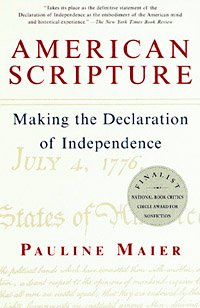 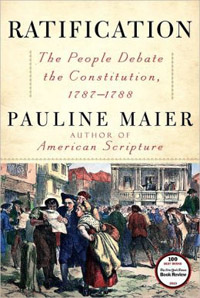 |
Pauline Maier "Pauline Maier shows us the Declaration as both the defining statement of our national identity and the moral standard by which we live as a nation. It is truly 'American Scripture,' and Maier tells us how it came to be — from the Declaration's birth in the hard and tortuous struggle by which Americans arrived at Independence to the ways in which, in the nineteenth century, the document itself became sanctified."
Maier's Ratification delivers new knowledge about the adoption
|
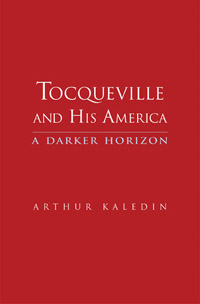 |
Arthur Kaledin Kaledin's groundbreaking book on Alexis de Tocqueville offers an original combination of biography, character study, and wide-ranging analysis of Tocqueville's Democracy in America, bringing new light to that classic work. Arthur Kaledin is Professor of History emeritus at MIT. |
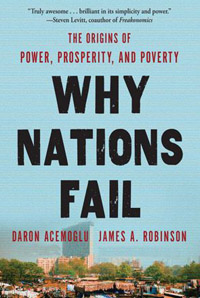 |
Daron Acemoglu and James Robinson |
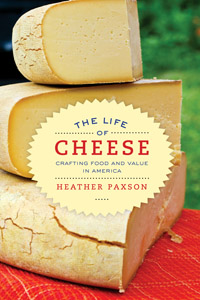 |
Heather Paxson
Heather Paxson is the William Kenan Jr. Professor of Anthropology, and a MacVicar Faculty Fellow at MIT. |
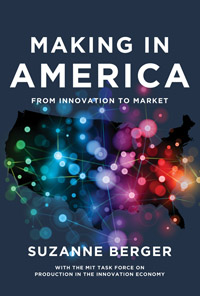 |
Suzanne Berger Story at MIT News | 3Q with Suzanne Berger | Slice of MIT |
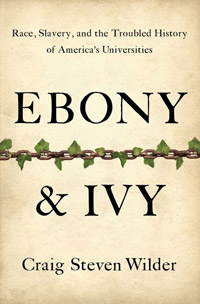 |
Craig Steven Wilder |
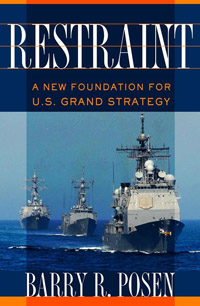 |
Barry R. Posen The United States, Barry R. Posen argues in Restraint, has grown incapable of moderating its ambitions in international politics. Since the collapse of Soviet power, it has pursued a grand strategy that he calls “liberal hegemony,” one that Posen sees as unnecessary, counterproductive, costly, and wasteful. Restraint explains why this grand strategy works poorly and makes an argument for restraint in the future use of U.S. military strength. Barry Posen is the Ford International Professor of Political Science. |
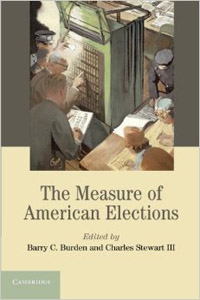 |
Charles Stewart III |
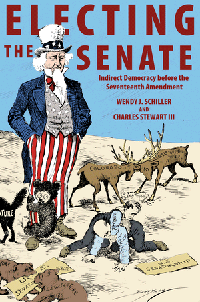 |
Wendy J. Schiller & Charles Stewart III
Charles Stewart III is the Kenan Sahin Distinguished Professor of Political Science. |
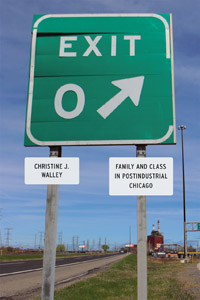 |
Christine J. Walley
Christine J. Walley is an Associate Professor of Anthropology at MIT. |
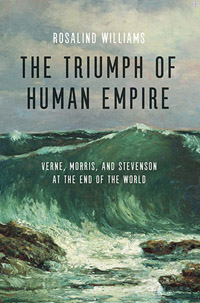 |
Rosalind Williams What is the human empire? |
_______________________________________________________
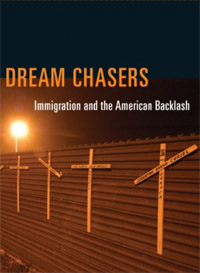
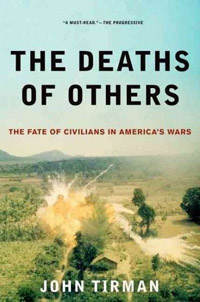
John Tirman
Dream Chasers: Immigration and the American Backlash
MIT Press, 2015
Illegal immigration continues to roil American politics. Yet polls show that a majority of Americans support some kind of path to citizenship for those here illegally. What is going on? In this book, John Tirman shows how the resistance to immigration in America is more cultural than political. Although cloaked in language about jobs and secure borders, the resistance to immigration expresses a fear that immigrants are changing the culture.
Story at MIT News | John Tirman's website | MIT Center for International Studies
The Deaths of Others: The Fate of Civilians in America's Wars
Oxford University Press, 2011
Americans are greatly concerned about the number of our troops killed in battle — 100,000 dead in World War I; 300,000 in World War II; 33,000 in the Korean War; 58,000 in Vietnam; 4,500 in Iraq; more than 1,000 in Afghanistan — and rightly so. But why are we so indifferent, often oblivious, to the far greater number of casualties suffered by those we fight and those we fight for? This is the compelling, largely unasked question that John Tirman, a principal research scientist and executive director at the MIT Center for International Studies, answers.
John Tirman is Principal Research Scientist and Executive Director of the Center for International Studies.
_______________________________________________________
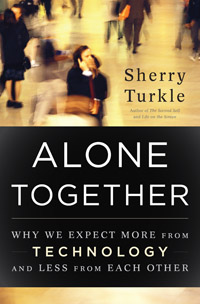
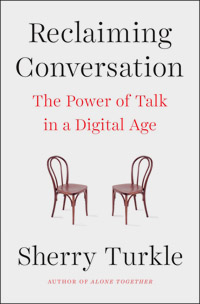
Sherry Turkle
Alone Together
Why We Expect More from Technology and Less from Each Other
Website
Reclaiming Conversation
The Power of Talk in a Digital Age
Website
In her new book renowned MIT media scholar Sherry Turkle describes the power of human conversation to help us develop empathy, a capacity for self-reflection, and the ability to listen well to others. She also has some ideas about how we can reclaim face-to-face conversation which, she says, “is the most human and humanizing thing that we do."
Story at MIT News
Sherry Turkle is Abby Rockefeller Mauzé Professor of the Social Studies of Science and Technology.